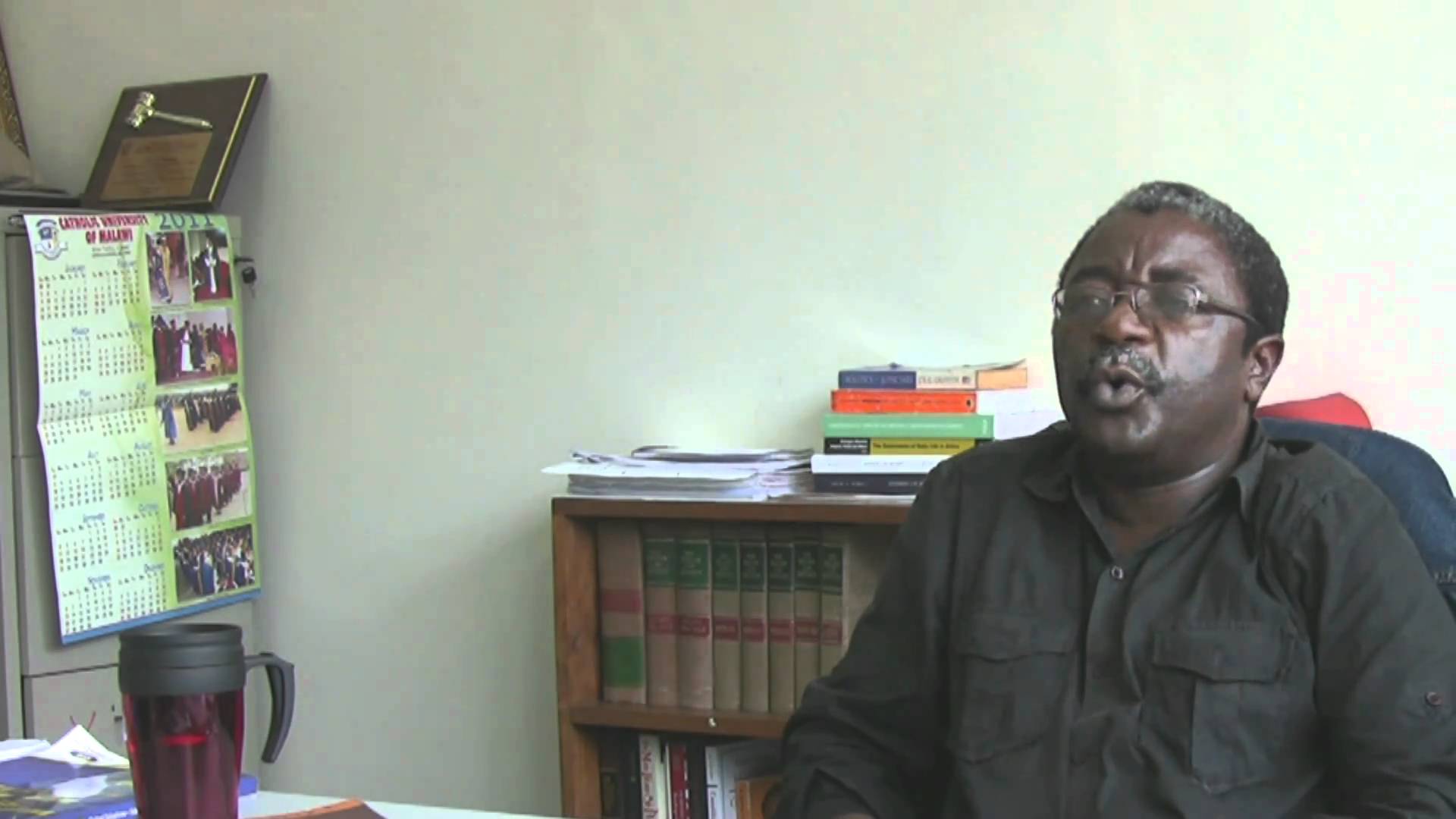As debate continues as to whether the evidence Police are using to arrest Malawi Congress Party (MCP) to officials over what is being called coup plot against President Professor Arthur Peter Mutharika are enough or not, Professor of Law at Chancellor College Edge Kanyongolo has voiced out his concern over the matter.
Writing on his official Facebook page, Kanyongolo said before even getting to the question of whether words in private communications (Whatsapp, Messenger etc) are seditious, the State has to overcome the question of violation of the right to privacy.
Section 21 of the Constitution provides that “Every person shall have the right to personal privacy, which shall include the right not to be subject to –
a. searches of his or her person, home or property;
b. the seizure of private possessions; or
c. interference with private communications, including mail and all forms of telecommunications,” wrote Kanyongolo.
He added: “Of course, the right may be limited, but only where the search/interference is authorised by law (usually through a warrant). Any evidence collected surreptitiously without such authority- sometimes referred to as “the fruits of a poisonous tree”- will generally not be accepted by a court. In addition, any person involved in such illegal collection of evidence is himself/herself committing a criminal offence (akin to trespass) and may be sued for compensation.”
Needless to say, it becomes a different ball game if a participant in the message exchanges voluntarily gives the police the “evidence”…. snitch-like smile emoticon





No comments! Be the first commenter?